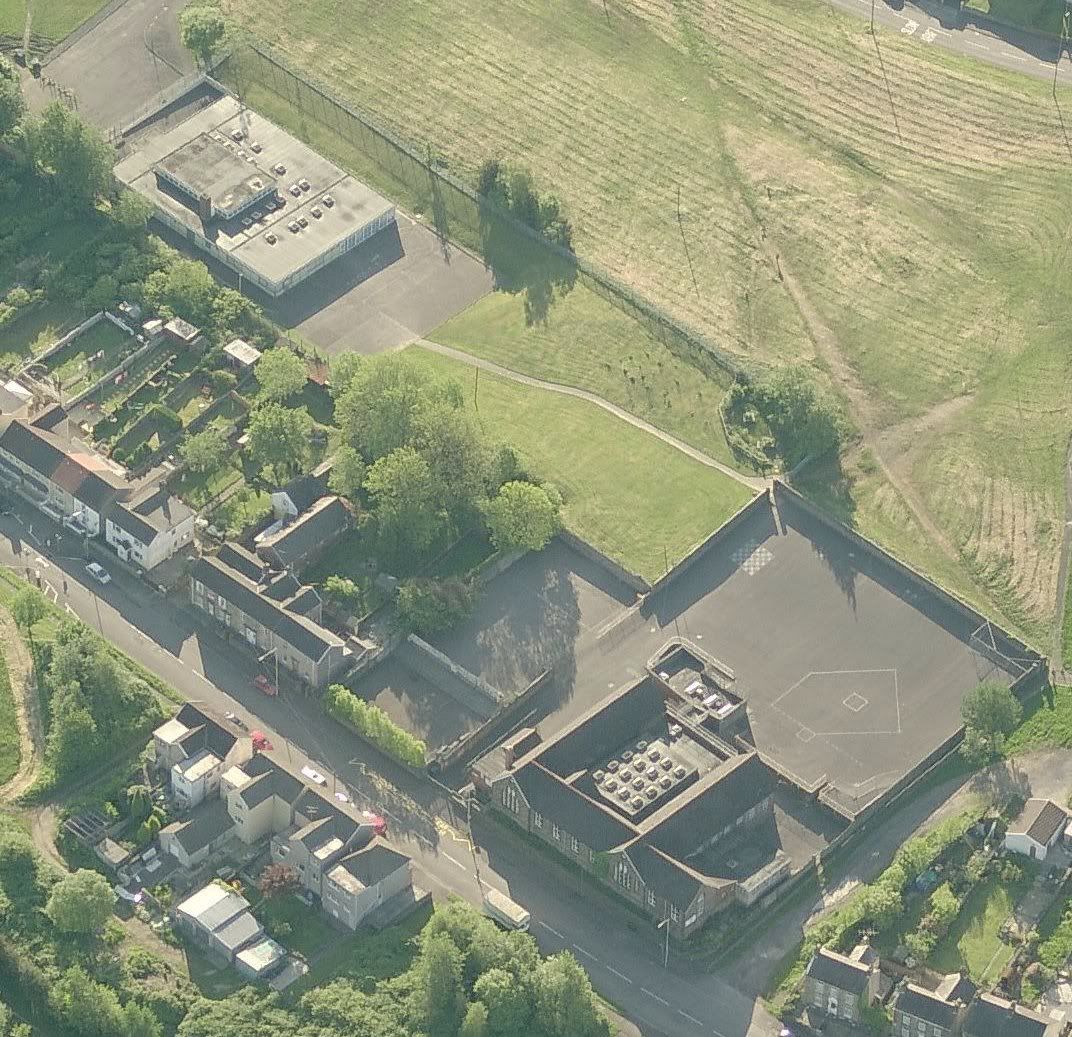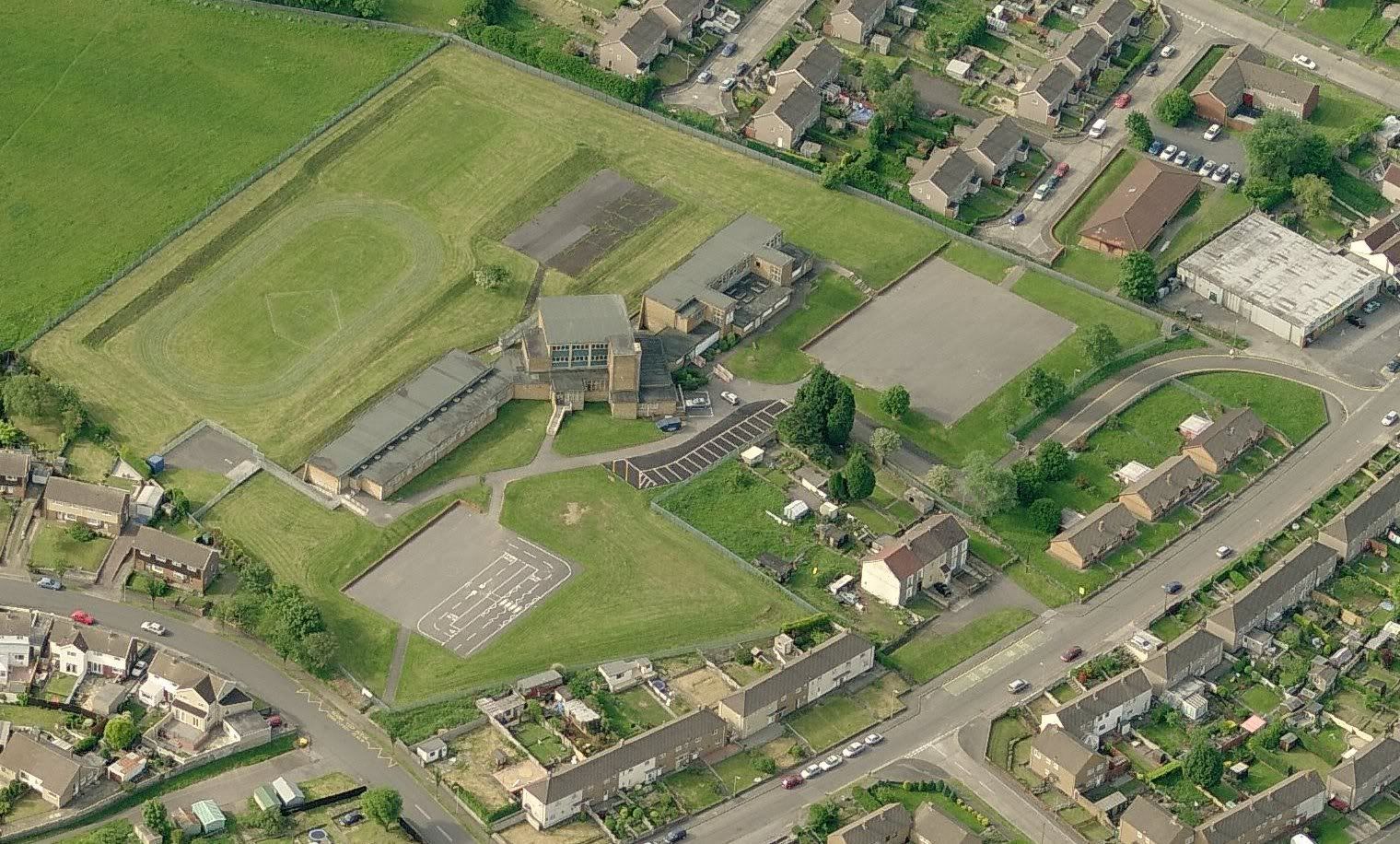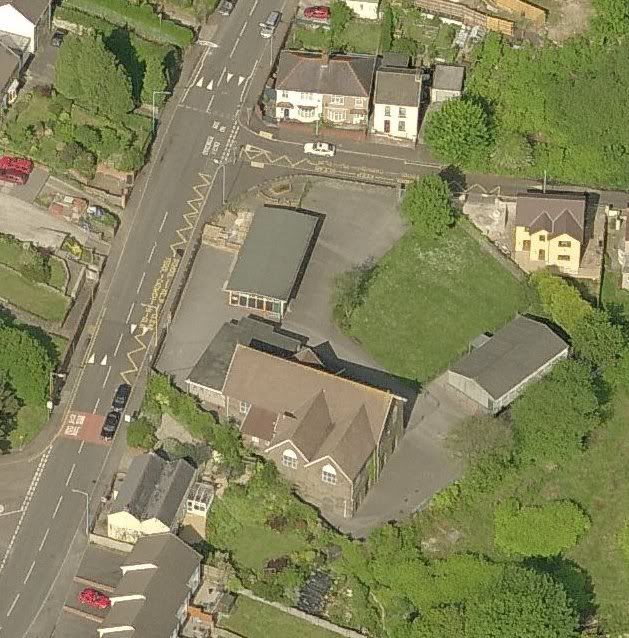Earlier this month, I posted a letter by Madoc Batcup about the Question Time programme, complaining that the BBC was not fairly representing either Welsh affairs, or a representative cross-section of Welsh viewpoints on wider affairs, in the programme broadcast from Cardiff on 25 February.
Madoc has just received this reply:
Dear Mr Batcup
Thank you for your e-mail and further comments regarding 'Question Time' on 25 February. Please accept our apologies for the delay in replying. We know our correspondents appreciate a quick response and are sorry you've had to wait on this occasion.
I understand you were unhappy with the choice of panellists for this edition and that you felt there was a lack of questions related to fundamentally Welsh issues.
'Question Time' aims to generate lively weekly debate on various topical issues and to represent a broad range of views within each programme. However, it cannot do this and ensure strict political balance within the five-person panel each week. Given that it's working within a limited timeframe there will always be more question the audience would like to hear asked, and more panellists featured, than the programme can provide within individual broadcasts.
However the programme does seek to achieve balance over a reasonable period and has a firm commitment to political balance over the series as a whole.
This provides some scope for different balance from one week to another, and also for introducing variety in the guests and issues featured.
If you would like to take part in the audience and put forward a question you can find more information on how to do this on the programme's website here:
http://news.bbc.co.uk/1/hi/programmes/question_time/1858613.stm
Viewers can also share their views on each edition on the 'Question Time' section of the 'Have Your Say' blog here:
http://www.bbc.co.uk/blogs/haveyoursay/2010/03/your_views_on_question_time_th_1.html
I'd also like to assure you that we've registered your comments on our audience log for the benefit of the programme makers and senior management within the BBC. The audience logs are important documents that can help shape future decisions and ensures that your points, and all other comments we receive, are circulated and considered across the BBC.
Thanks again for contacting us.
Regards
Stuart Webb
BBC Complaints
I think every one of us can see that this is nothing more than the standard template letter that the BBC keep on file to answer any complaint they receive ... though with one or two blanks filled in. And of course that doesn't make the BBC particularly different from any other large organization.
Before looking at Madoc's response, there are a few points that I'd like to make. The first is that the BBC seem to place considerable importance on what they call their "audience log". This seems to imply that they take rather more notice of the quantity of complaints they receive than their quality. So I would invite anybody reading this who agrees with what Madoc has said to write or email the BBC even if that involves making exactly the same points. This is the link:
I believe that the BBC are trapped in a particular way of looking at politics and current affairs that leaves their central organization largely unaware of the extent of the concerns of people in Wales in particular.
To illustrate this, the edition from Belfast on 11 February this year is still available on iPlayer. As we can see, the programme took particular care to represent all sides of the political spectrum on Northern Ireland, as well as having a UK perspective through Shaun Woodward, the SoSNI. And although some questions were specifically about Northern Ireland, a good number of them were about other issues such as UK involvement in torture, expenses corruption in Westminster, the Greek economy, and the pay of celebrities employed by the BBC.
To my mind this shows that the BBC took considerably more care to fulfill their obligations with respect to Northern Ireland than they do with respect to Wales.
• On one hand, we should expect at least some matters of concern to Wales to be discussed on a programme aired throughout the UK. People elsewhere in the UK need and would surely want to be informed of what's happening in Wales. So if it's right that, say, the devolution of policing and justice to Northern Ireland was discussed on that programme, surely we should expect some aspects of what is or might be devolved to Wales to be discussed when the programme is broadcast from Wales.
• On the other hand, it is of course right that UK and world issues are discussed in addition to matters that concern Wales. But even so, the majority of the panel should be composed of people who can contribute different shades of specifically Welsh opinion on these issues when the programme is broadcast from Wales. And this should be true whichever nation or region the programme is broadcast from.
As for Scotland, all we have to do is wait until Thursday, since the next edition of Question Time will come from Glasgow. I'm willing to bet that the BBC will take care that the composition of that panel and the questions asked will show more regard for Scotland than the programme from Cardiff did for Wales.
-
As might be expected, Madoc is not one to be fobbed off by such a cursory answer. None of us would be. His full response to the BBC's letter is here, but this is how it begins:
Dear Mr. Webb
Your reply is wholly unacceptable, and I intend to take the matter further. You have answered none of my questions, but only given a bland reply which deals with none of the issues. The cursory nature of the reply and its general vagueness clearly indicate to me that you have not considered the matter in any detail. You do not deal with the particular issue of Wales, nor with the fact that none of the questions on the programme related to Wales, while two were wholly or largely to do with England. This programme could have been broadcast twenty years ago – there was no-one from the Welsh Assembly and indeed no mention of it, or of any decisions made in Wales. This approach gives the BBC no credibility whatsoever in terms of appropriate treatment of Welsh matters, and informing a wider UK audience about the situation in Wales. If your response is any indication of the way in which the BBC intends to cover the Westminster elections then it gives rise to great disquiet.
I believe that the programme represented a flagrant breach of the concerns laid out by the BBC well over ten years ago. I refer in particular to the BBC’s programme response to Devolution published in December 1998, and the BBC Trust impartiality report: BBC network news and current affairs coverage of the four UK nations authored by Professor Anthony King and published in June 2008. The Question Time programme and your response typify the concern expressed by the BBC at the time in its response of 1998:
"... the BBC has sometimes appeared insensitive to political, administrative, cultural and linguistic differences across the UK, giving the impression of a London-based organisation dismissive of the more geographically distant parts of the UK. There have been errors of judgement, and, on occasions, of accuracy."
In the King Report it was pointed out that:
"... the review highlights concern that BBC network news and current affairs programmes taken as a whole are not reporting the changing UK with the range and precision that might reasonably be expected given the high standards the BBC itself aspires to. There are specific concerns as to accuracy and clarity of reporting, the balance of coverage, and missed opportunities of drawing on the rich variety of the UK and communicating it to multiple audiences. As examples, political coverage is seen as unduly focused on Westminster in volume and style; there is seen to be a general bias in favour of stories about England or telling stories from an England perspective; and there is evidence that several stories in the nations which may have been significant to the UK were not taken up by the network."
The BBC Trust's comment was:
"However, we are concerned at Professor King's assessment that the BBC is not reporting the changing UK with the range that might be expected, given the fact that audiences have expressed a desire to learn more about other parts of the UK in the BBC's coverage. This echoes a wider concern expressed to the Trust that audiences see the BBC as too preoccupied with the interests and experiences of London, and that those who live elsewhere in the UK do not see their lives adequately reflected on the BBC. It is not acceptable that a BBC funded by licence fee payers across the whole country should not address the interests of them all in fair measure."
In its document of 1998, the BBC, said that it would introduce certain measures to 'enable the BBC to provide accurate and well judged news for its audiences in Scotland, Wales and Northern Ireland but also to allow it to offer all viewers and listeners a true sense of the diversity within the UK'.
I would be grateful if you could send me any more recently published BBC guidelines which might show whether or not BBC's position in respect of diversity has changed in any respect. I assume that they will not differ greatly from what has been previously published. In your response you suggested that you were committed to political balance over the series of Question Time as a whole. This missed the point of my concern; it is not the narrow balance between the UK political parties that is of concern, but the reflection of e.g. the 'administrative and cultural differences' and the fact that there is a different government in Wales. Your reply talked about introducing 'variety in the guests and issues featured', but when are issues relevant to Wales to be dealt with if not in a programme broadcast from Wales?
It is my opinion that if the people responsible for making a programme such as Question Time cannot comply with the plainly stated priorities of the BBC Trust after more than 10 years of devolution then it is high time that they were replaced by people who will comply. By way of a request under the Freedom of Information Act I would therefore be grateful if you could confirm the following:
1. What are the current guidelines that the BBC has to follow in order to ensure it meets the ‘political, administrative, cultural and linguistic differences across the UK’?
2. Is Question Time considered to be covered by these BBC guidelines. If not, why not?
3. Which person or group of persons are responsible for making this decision?
4. If Question Time is covered by the guidelines, are there specific management, co-ordinating and editorial measures that have been put in place by the BBC management to ensure that these guidelines are adhered to?
5. Who is responsible at the BBC for deciding and implementing such measures?
6. Is it the view of BBC management that such measures are adequate to implement these diversity guidelines?
7. Is it the view of BBC management that the guidelines and the measures to implement them have been appropriately and adequately communicated to them staff responsible for making the Question Time programmes?
8. Is it the view of BBC management that:
a. The diversity guidelines were complied with in the Question Time
broadcast on the 25th February 2010?b. The measures put in place by BBC management to implement the diversity
guidelines were implemented and complied with by all relevant staff responsible
for the Question Time programme broadcast on the 25th February 2010?9. Which particular individuals are responsible for deciding on the composition of the panel on Question Time?
10. What criteria do those individuals use for deciding which panellists to invite?
11. How are the particular requirements of Wales, given devolution, taken into account to ensure that that such criteria in respect of panellists take into account the diversity guidelines?
12. Which particular individuals are responsible for deciding which questions are asked on Question Time?
13. What are the criteria used by those individuals to decide which questions are asked?
14. How are the particular requirements of Wales, given devolution, taken into account to ensure that that such criteria in respect of questions take into account the diversity guidelines?
15. Does the BBC management consider that the diversity guidelines were in fact complied with in Question Time on the 25th February 2010?
16. Does BBC management consider that the measures (if any) introduced to implement the diversity guidelines were complied with in Question Time on the 25th February 2010?
17. If the guidelines and/or measures were not complied with, who is responsible for the lack of compliance?
18. What steps (including any disciplinary action) does the BBC management intend to take to remedy any failure to comply with the guidelines/measures in respect of the Question Time programme?
19. What steps does the BBC management intend to take in the future to ensure that the diversity guidelines are met?
20. How many times is Question Time broadcast per year?
21. What is the proportion of Question Time broadcasts that are broadcast from Wales?
22. What input does BBC Wales have into such broadcasts to ensure that the diversity guidelines are met?
I look forward to receiving your reply as soon as possible and at latest within the 20 working days provided for by the Freedom of Information Act.
Yours sincerely
M R Batcup
It goes on to raise a number of detailed questions which the BBC might actually care to answer this time round. If Madoc gives permission, I'll highlight the answers he gets.



